

Europe Talks Solidarity Webinars
Where do volunteering, solidarity, and democratic participation meet?
Are you ready for the European Elections in 2024? Do you want to know more about the connections between voting and democratic participation, volunteering and solidarity?
To spark meaningful conversations related to one of the largest democratic elections in the world, SALTO European Solidarity Corps and SALTO Participation & Information are jointly organising a series of participatory webinars that will explore links between voting, active participation of young people in democratic life, volunteering and digital realities.
Explore the webinar recordings!
Strengthening democracy in the EU: what role can EU programmes play?
Guests
- Gosia Kozlowska – Programme Manager, Erasmus+ Youth and European Solidariry Corps Programme, European Commission
- Marie Heimburg – Europeers International Network coordinator, National Agency Estonia
- “I know what I’m voting for” – Representative Gouda Vaitiekute – (Lithuanian “Žinau, ką renku”) – Youth Participation Activity project (KA154) promoted by an informal group of young people, which has been actively contributing to promote participation and voting across the country
- Krišjānis Liepa – ESC Solidarity Project Officer, National Agency Latvia
- Paula Gehrs – Europeer (volunteer in ESC), European Studies student at Universität Passau
What supporting role Erasmus+ and ESC programmes can play in promoting democratic participation through volunteering and solidarity? How are Erasmus+ and European Solidarity Corps programmes in supporting youth participation and European citizenship?
How do democracy, solidarity, network science, AI, and augmented realities connect?
Guests
- Balazs Lengyel – Neti Lab Budapest
- Irina Buzu – Member of AI Expert group at Council of Europe, Advisor to the Deputy Prime-Minister, Minister for Economic Development and Digitalisation in Moldova
- Panu Räsänen (Verke) – Youth worker, master student studying AI and Big Data networks
- Cesar A. Hidalgo – Center for Collective Learning
Where do solidarity, democratic participation and network science connect? What about digital participation? How can AI come into the picture?
In this webinar the connection of network science to democratic participation will be discussed from various angles: from the topology of cities, volunteering experience with digital participation, political divisiveness. The speakers come from prominent research groups from Europe and beyond and the representation the voice of young people through Europeers will be heard.
Supporting youth participation and volunteering: can it impact the 2024 European Elections?
Guests
- João Albuquerque – Member of the European Parliament
- Sofia Afanasjeva – Representative of the Youth Outreach Unit of the European Parliament
- Dr Stuart Fox – Political scientist from the University of Exeter
- Christiana Xenofontos – Vice-President of the European Youth Forum
How can volunteering and solidarity lead to democratic participation? How is the young people’s democratic participation supported in Europe?
In this webinar we seek answers for the following questions with the help of a Member of the European Parliament, representative of the European Youth Unit, member of the European Youth Forum and a researcher connecting volunteering with election behavior.
Why is the active participation of young people in democratic life important? How can the better engagement of young people with democracy (voting and volunteering) be supported? Are the any connections between volunteering and participating in the elections? What are institutions and programmes doing to provide young people with a role in strengthening democracy Europe-wide?
All the webinars were facilitated by Elisabeth Einwanger.
Discover more about the speakers
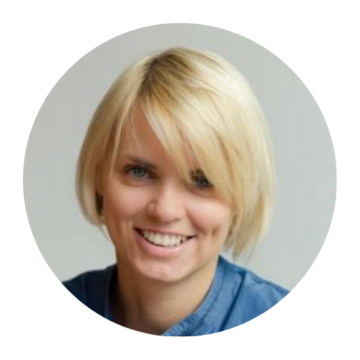
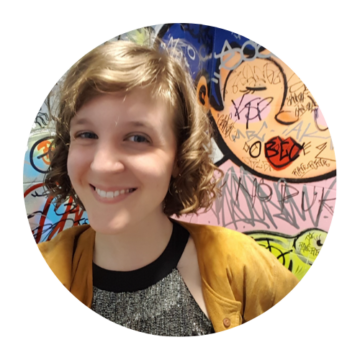
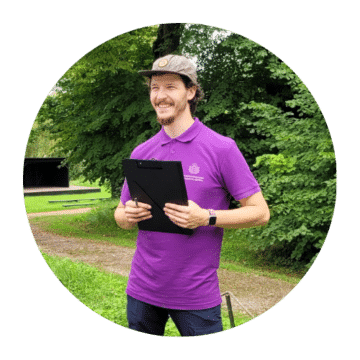
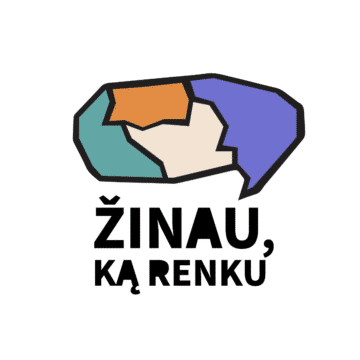
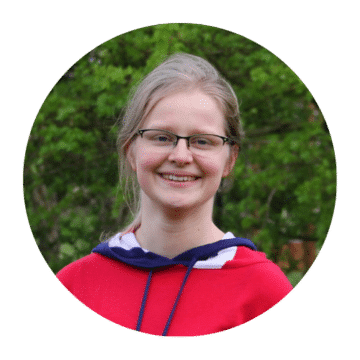
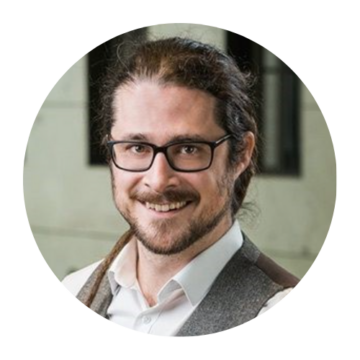

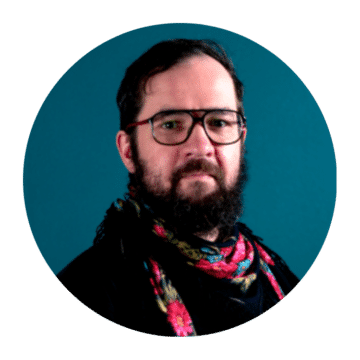
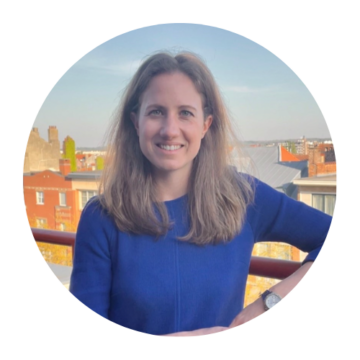
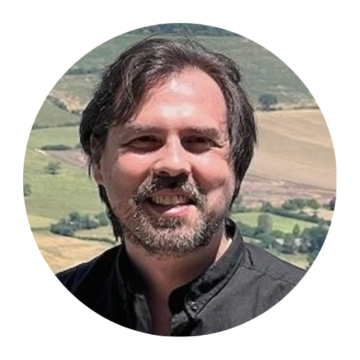
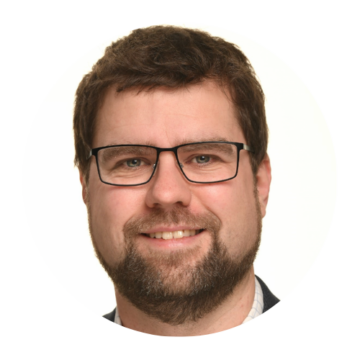
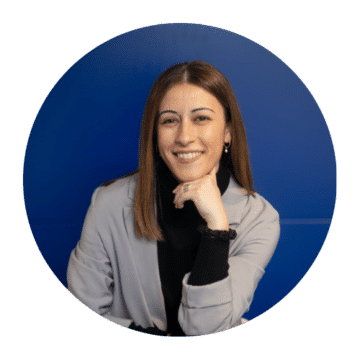
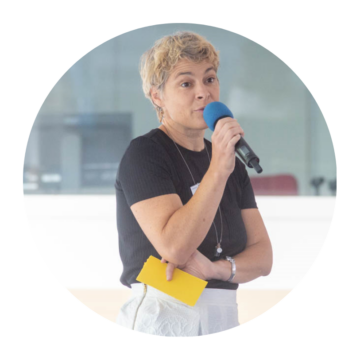
Gosia Kozlowska
Programme Manager, Erasmus+ Youth and European Solidariry Corps Programme, European Commission
Following an experience in various services of the European Commission, including over 10 years in the Directorate General for Employment, Gosia Kozlowska is now a Programme Manager for Erasmus+ Youth and for the European Solidarity Corps in the Directorate-General for Education, Youth, Sport and Culture.
She is notably responsible for the Solidarity Projects and Networking Activities in the European Solidarity Corps programme and holds coordination tasks within two youth programmes.
She holds a MA from the Strasbourg Institute for Political Science and MA from the University of Lodz for International Relations.
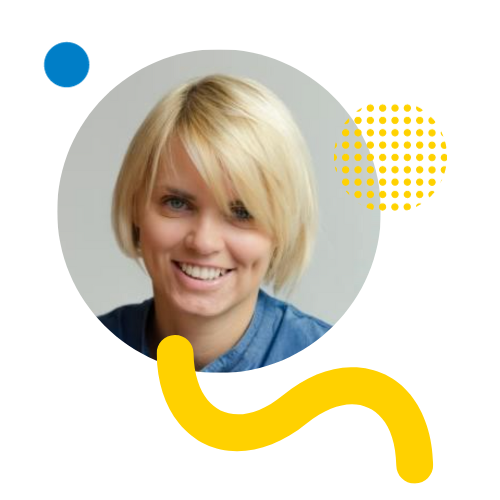
Marie Heimburg
Europeers International Network coordinator, National Agency Estonia
I am the EuroPeers International Network Coordinator and I work for the Estonian National Agency while currently living in Göteborg, Sweden. When I have to explain my career path, I usually say “I come from within the European programmes”, since I started my journey in 2012 as a European Volunteer in a project in Spain. The experiences have influenced my entire life and educational path after I returned home. My participation in the Erasmus+ youth programmes has broadened my horizon, lead me to live in a different country than my own and has taught me several foreign languages. I am a communicator always seeking for interpersonal connection. I love promoting the programs, because they give us all a great chance to be better people than we already are! Broaden your horizon, dare to leave your comfort zone and go experience the neighbourhood!
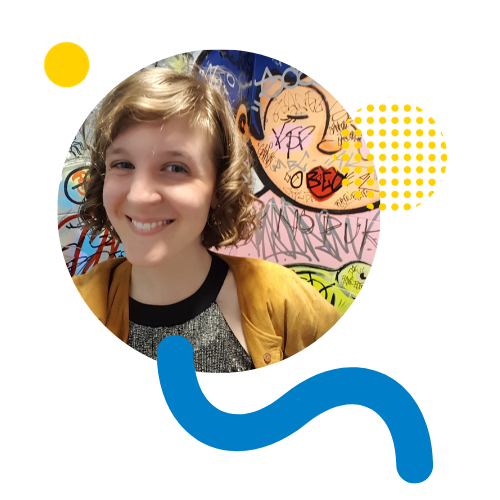
Krišjānis Liepa
ESC Solidarity Projects Officer, Agency for International Programmes for Youth in Latvia
I have been connected to different EU youth programmes both as a participant and applicant almost for 10 years now – ever since I received my educational background in economics and went for a European Voluntary Service experience right after. However now, for almost a year, I have been getting to know the field from the administration side within the Latvian NA as the ESC Solidarity Projects officer and recently adding to that – “green” priority officer. Through my time being involved with different NGO initiatives, strengthening democracy and developing youth involvement has been one of the most important topics of my work. Besides that I am also a regular person who enjoys outside, board games, good food and a bunch of funky physical activities.
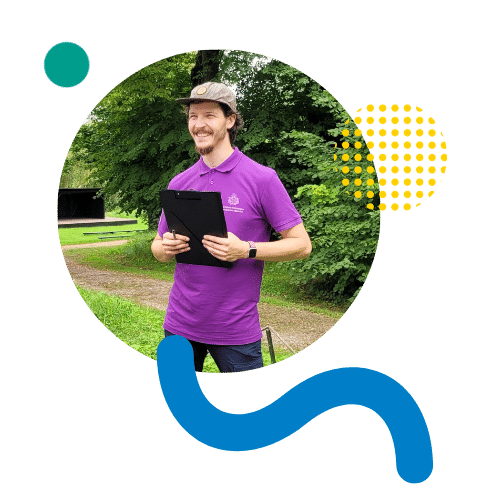
Learn before you vote
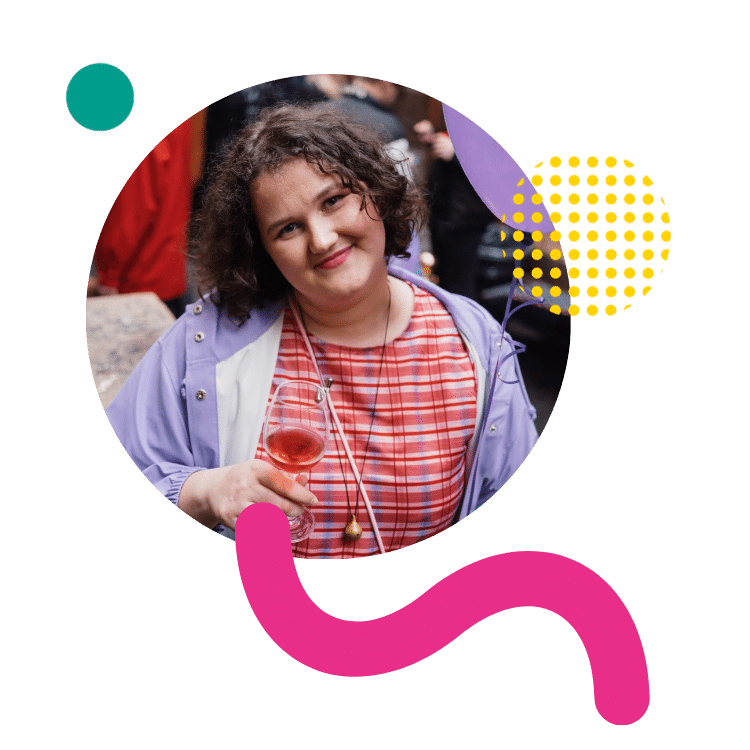
Representative Gouda Vaitiekute
“Learn before You Vote” (in Lithuanian “Žinau, ką renku”) is a Lithuanian youth political watchdogging network. Since 2014 network gathers young people all across Lithuania and encourages them to organize political debates, monitor how politicians fulfill their pledges and organize educational activities about elections and politics. Thanks to the help of Erasmus+ organisation has grown from an initiative of a several people to a country wide network.
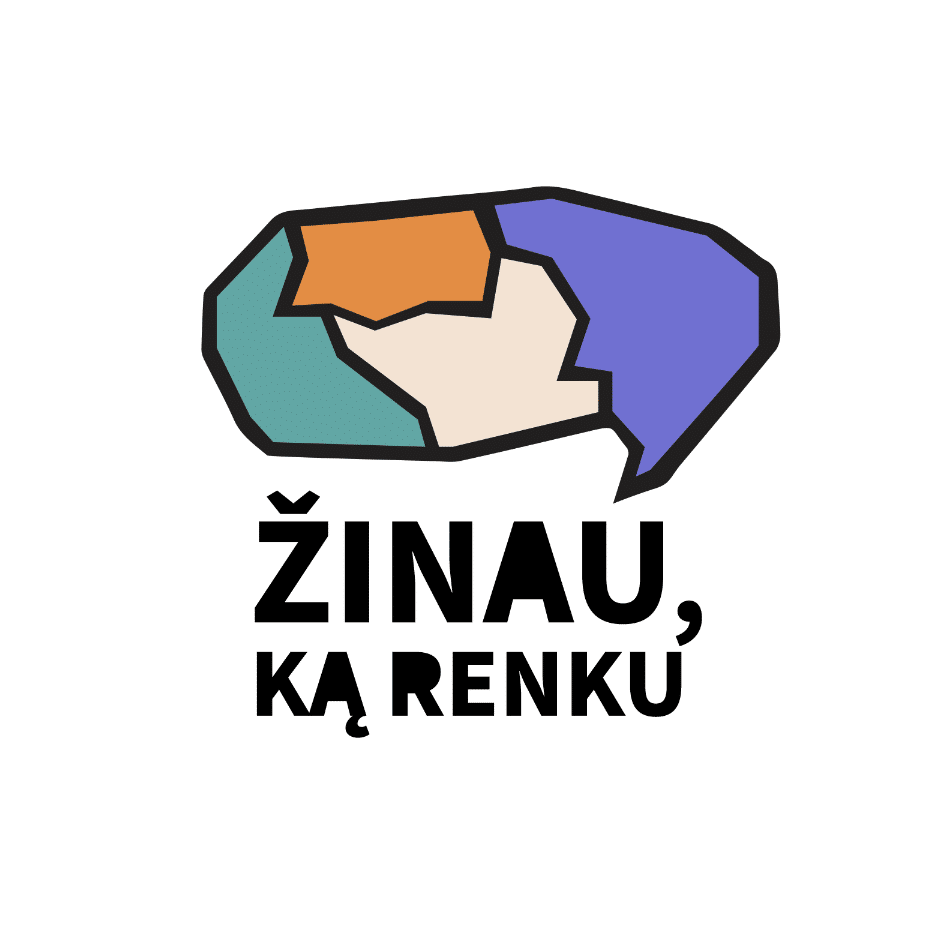
Paula Gehrs
Europeer (volunteer in ESC), European Studies student at Universität Passau
Paula Gehrs is a student of European Studies at the University of Passau. She worked one year as a ESC volunteer in Hungary followed by two Erasmus semesters in France and several Erasmus youth exchanges. Passionate about spreading the word about EU mobility programs Paula is co-hosting of the Podcast “Europeans: into a new Europe” and active in the EuroPeers network. Furthermore, she is vice-president of the Young European Federalists (JEF) Germany, where she contributes to the associations’ mission of promoting a more united and federal Europe.
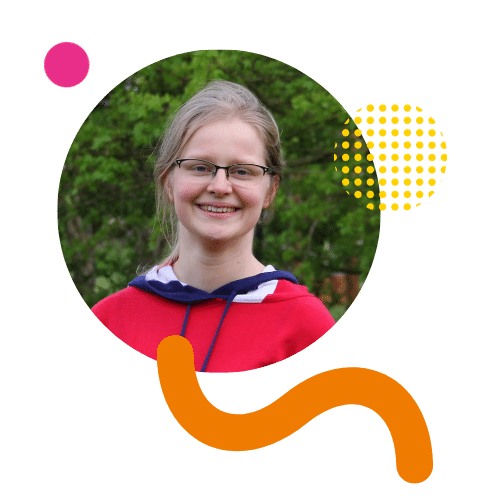
Balázs Lengyel
Associate Professor, NETI Lab
Balázs Lengyel is an economic geographer and works on topics at the intersection of economic geography, innovation studies and network science. He aims to understand how social interaction facilitates economic and technological progress embedded in geographical space.
Balázs joined the Institute of Economics of the Hungarian Academy of Sciences in 2013. Before establishing the ANET Lab, he was a visiting scholar at MIT Human Mobility and Networks Lab. Balázs completed his PhD in economics at Budapest University of Technology and Economics in 2010 and holds a master degree from University of Szeged.
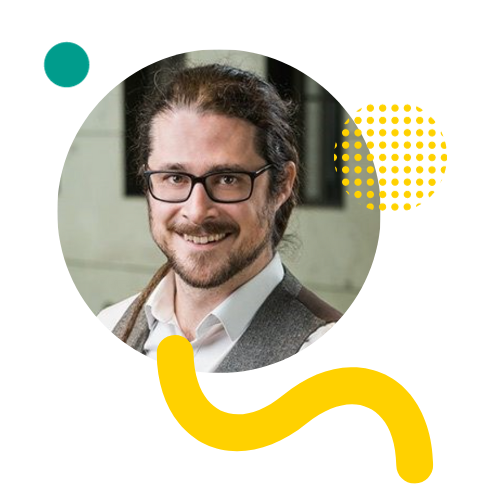
Irina Buzu
Advisor to the Deputy Prime-Minister, Minister for Economic Development and Digitalisation of Moldova and delegate to the Council of Europe Committee for AI
Passionate about information technology, innovation, art and AI, Irina is pursuing her PhD research in international law, with a focus on AI regulation and digital creativity. She is currently the advisor on AI to the Deputy Prime-minister, Minister of Economic Development and Digitalisation, is a delegate to the CoE Committee on AI and is part of the European AI Alliance. Irina is also an emerging tech expert at Europuls, and as part of her research interests she studies the intersection between algorithmic decision-making, ethics and public policy, aiming to understand and explore the functioning of the technology that enables algorithmic decision-making and how such technologies shape our worldview and influence our decisions.
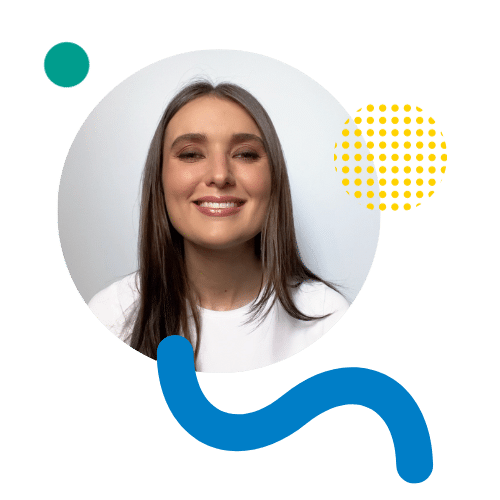
Panu Räsänen
Planning officer at Verke, the Finnish Centre of Expertise for Digital Youth Work
Panu has more than 15 years of work experience in (digital) youth work. He works as a planning officer at Verke, the Finnish Centre of Expertise for Digital Youth Work. His work focuses on technology education, new technologies in youth work and international affairs. As a sci-fi enthusiast, the possibilities of artificial intelligence and robotics in youth work excite him. Participation, inclusion and accessibility are particularly emphasised in his work. Outside of digitisation work, Panu enjoys analogue music and paper comics.
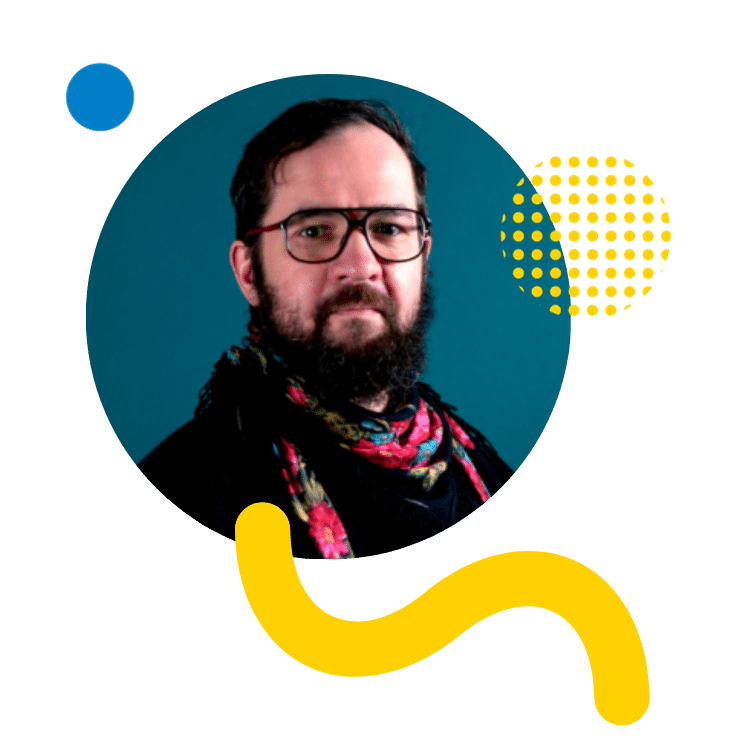
Sofia Afanasjeva
Representative of the Youth Outreach Unit of the European Parliament
Sofia, born and raised in Tallinn, have found her home in the heart of Europe. Having spent her first years navigating Brussels as a project and policy officer in a youth organisation, since 2019 she is working in the Youth Outreach Unit of the EP.
From supporting the organisation of the European Youth Event and coordinating the European Charlemagne Youth Prize, to facilitating events with youth and CSO partners, her responsibilities spread across numerous projects. Ahead of the European elections 2024 she will be focusing on engaging young people for democratic participation and bringing out the youth vote.
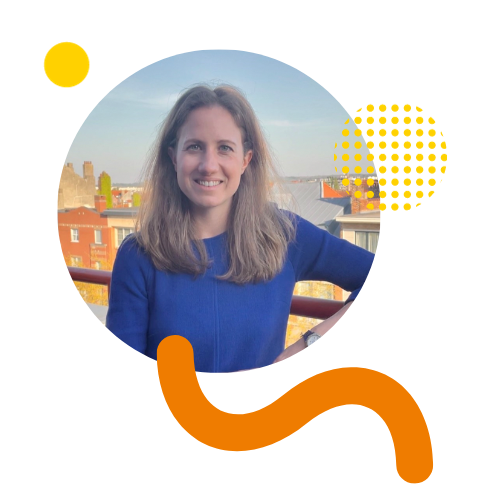
Casar A. Hidalgo
Professor
Director of the Center for Collective Learning (CCL)
César A. Hidalgo is a Chilean-Spanish-American scholar known for his contributions to economic complexity, data visualization, and applied artificial intelligence.
Hidalgo leads the Center for Collective Learning at the Artificial and Natural Intelligence Institute (ANITI) of the University of Toulouse and the Corvinus Institute for Advanced Studies at Corvinus University of Budapest. He is also an Honorary Professor at the University of Manchester.
Between 2010 and 2019 Hidalgo led MIT’s Collective Learning group. Prior to working at MIT, Hidalgo was a research fellow at Harvard’s Kennedy School of Government. Hidalgo is also a founder of Datawheel, an award winning company specialized in the creation of data distribution and visualization systems. He holds a PhD in Physics from the University of Notre Dame and a Bachelor in Physics from Universidad Católica de Chile.
Hidalgo’s contributions have been recognized with numerous awards, including the 2018 Lagrange Prize and three Webby Awards. Hidalgo’s is also the author of dozens of peer-reviewed papers and of three books: Why Information Grows (Basic Books, 2015), The Atlas of Economic Complexity (MIT Press, 2014), and How Humans Judge Machines (MIT Press, 2021).
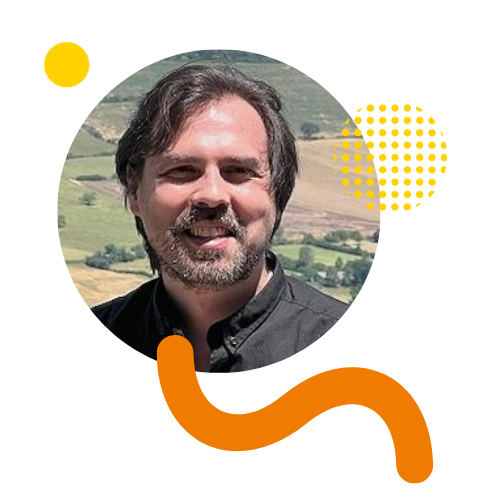
Stuart Fox
Dr Stuart Fox is a Senior Lecturer in Politics at the University of Exeter. His research examines generational differences in political behaviour, and particularly the growing divides between both younger and older generations, and young people from poor and wealthy backgrounds. His current projects examine the effects of volunteering on political engagement, and examine the potential for volunteering programmes to reduce inequalities in young people’s electoral participation.
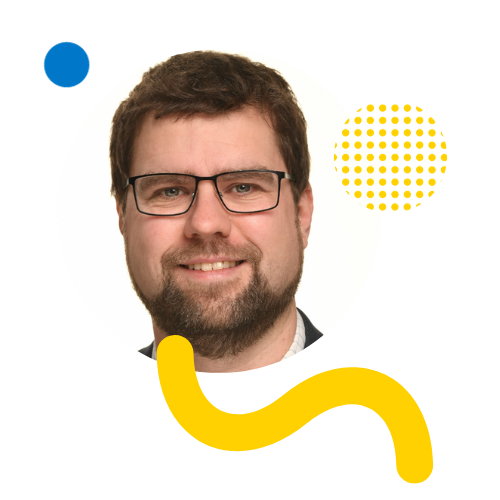
Christiana Xenofontos
Vice-President of the European Youth Forum
Christiana Xenofontos holds a BA in Political Sciences from the University of Cyprus, with expertise in International Relations. The last four years she has been working as a Parliamentary Associate at the House of the Representatives in Cyprus, for Demetris Demetriou (MP).
She is a youth expert with several years of involvement in the youth-eco system in Cyprus and in Europe and she served the Youth Rights from different positions and roles. From 2015 to 2019 she worked as a Youth Policy Officer at the Cyprus Youth Council (CYC), which she also served from the elected position of the Vice-President, representing the NGO Cyprus Youth DiplomaCY (2019-2020). She has been an external partner of the Youth Board of Cyprus for Youth Policy and Youth Strategy issues and she is still an active member of the committee regarding the recognition of Youth Worker in Cyprus.
Her cooperation with the European Youth Forum started back in 2016 and she became actively involved in 2018 when she got elected as a Member of the Consultative Body on Membership Applications. In November 2020 she became the first Cypriot, representing the Cyprus Youth Council, who got elected as a Board Member of the European Youth Forum for the term 2021-2022. In 2022 she was reelected, this time for the position of the Vice-President of the European Youth Forum. Her main portfolio is Youth Participation and Democracy, with focus on the EP elections 2024 and the EU Youth Test.
In May of 2023 she got elected as a member of the Political Office of the Democratic Rally in Cyprus.

Elisabeth Einwanger
Trainer, facilitator, moderator, and course leader for the past twenty years. She was regional programme responsible for Erasmus+: Youth in Action in Austria and works as accreditor for Erasmus+: Youth in Action and Adult education & for the Quality label of EuSC.
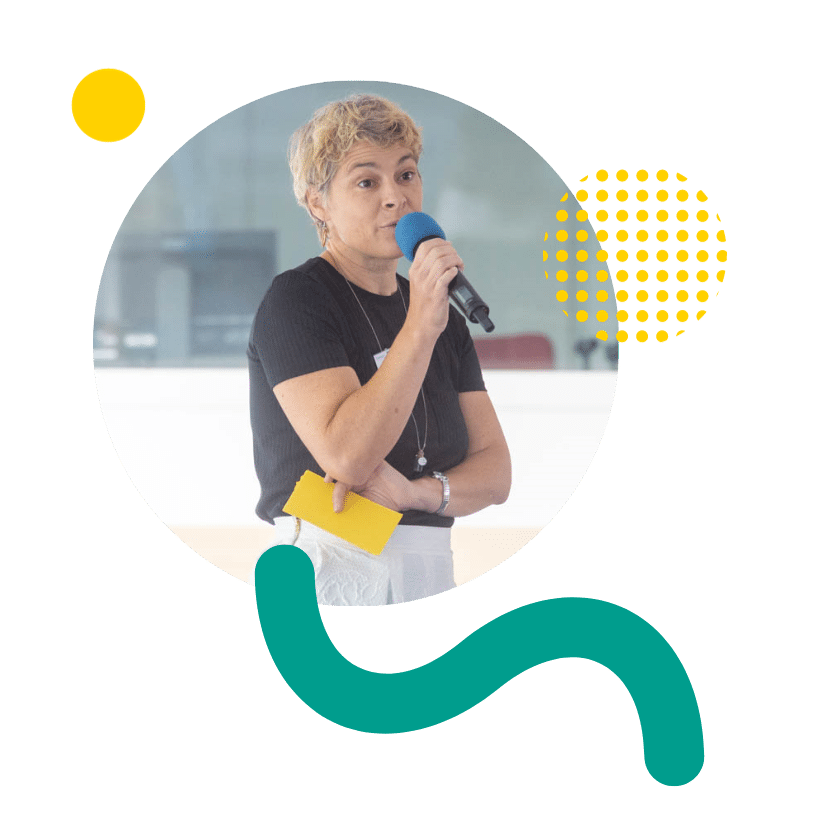
Partners

